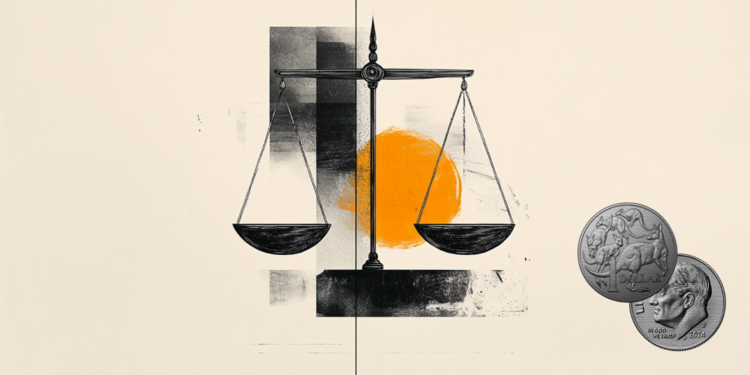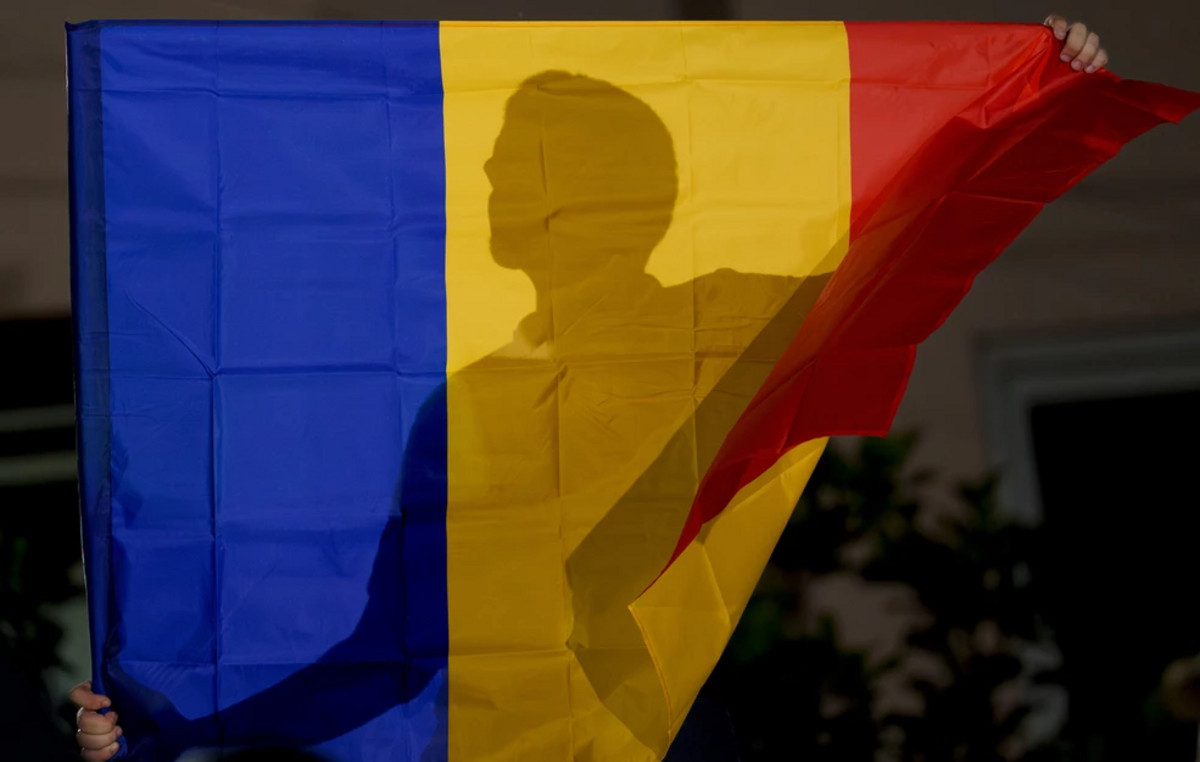Last Thursday (25), the central bank of Turkey made a decision that goes against one of the most traditional rules of the economy. With one inflation from nearly 20% for the year, the interest rate was cut by one percentage point to 15% instead of being raised.
The decision caused foreign investors to withdraw their assets in the country, with the local currency, the lira, falling almost 19% compared to the dollar this week with a cumulative 40% in 2021.
On the other hand, the negative response from investors did not affect the speech of the great encourager of interest rate cuts, the country’s president, Tayyip Erdogan.
The politician, who has ruled the country since 2003, says is in “war” against the interest rate. Differently from the line of thought of the world’s central banks, including the Brazilian one, he defends that inflation in Turkey would be contained if interest rates fell due to the stimulus to the economy.
Interference with the Central Bank
The decision to cut Turkey’s interest rate came a few months after Erdogan interfered with the country’s central bank and sacked the bank’s president in March, which sent the lira plummeting.
The dismissal came shortly after the bank announced a rate hike to 19%, the third in a row. He was also the third president fired since mid-2019.
In that year, Turkey experienced a devaluation of the lira and a rise in inflation resulting from the outflow of foreign investment and government debt, in addition to accusations of increasingly authoritarian measures by Erdogan, such as the persecution of opponents.
Since then, the country’s annual inflation has remained in the double digits, and attempts to contain it via higher interest rates have ended up leading to the president’s interference with the bank. The latest forecast of the International Monetary Fund (IMF), from October, is that Turkish inflation will end 2021 at 16%.
When comparing inflation in the world’s main economies, Turkey is second only to Argentina, which is experiencing one of the worst inflationary crises in its history. Brazil appears in third place.
“The situation there is a total influence on the Central Bank. No manager with inflation at this level would have the courage to play this rate at the levels he played, and the market reaction was instantaneous, with the lira devaluing”, says Mauro Orefice, investment director at BS2 Asset.
Livio Ribeiro, a researcher at Ibre/FGV, says that Erdogan’s interference with the Central Bank already occurred before 2019. One of the most remembered was in 2007, when the bank increased its inflation target without giving any explanation.
The current chairman of the Turkish central bank, Sahap Kavcioglu, was once a member of Erdogan’s party, the AKP. Erdogan was the country’s prime minister between 2003 and 2014, when he was elected to the post of president. After taking office, the autarchy had already made two other interest cuts, going from 19% to 16%.
In 2017, a referendum expanded and concentrated political powers in office and extinguished the figure of the prime minister, which makes room for measures like the current ones in relation to the Central Bank. He was re-elected for a five-year term in 2018.
drop in interest rate
The president argues that lower interest rates would help stimulate the economy. In addition, he says he wants the country to have economic “independence” from other countries, investors and international organizations.
Historically, the Turkish economy has suffered from episodes of withdrawal of foreign capital when there are doubts about the country’s ability to deal with its debts — today in euros— and peaks of inflation.
In the 1990s, it reached more than 80% amidst a political crisis, and only cooled in the 2000s, in part because of the IMF’s help in regaining the country’s credibility with investors.
For Ribeiro, Erdogan’s actions also generate political instability that alienates investors, or at least makes them more cautious.
Orefice, on the other hand, considers that Erdogan’s more authoritarian positions are nothing new, and that the worsening economic situation in the country is linked to the prospect of inflation rising even more.
Turkey’s economy
Turkey is part of the G20, a group that brings together the 20 largest economies in the world, being considered an emerging or developing country. Despite the criticisms of Erdogan’s political actions, part of the politician’s popularity is linked to the great economic growth that the country had, especially in the second half of the 2000s.
According to the FGV researcher, the country has had a long period of growth, due to two major factors. The first was the opening of the economy to the service sector, especially tourism. The second was the trial of a commercial and diplomatic approach with the European Union, with the possibility of the country joining the bloc.
Accession talks, however, came to a standstill after allegations of human and political rights violations by Erdogan. But the country and the bloc are still great trading partners. There was also an increase in manufacturing production in some sectors.
However, Turkey was also affected by the pandemic of Covid-19. Before the pandemic, tourism accounted for more than 10% of the national Gross Domestic Product (GDP).
“Turk’s balance of payments has two shocks from 2020. The country is very dependent on tourism services, and Turkey imports a lot of oil, whose price has increased, so these are two problems for the country’s economy,” says Ribeiro.
These two factors, mixed with the effects of the crisis in 2019, worsened the economic scenario in Turkey. The answer, according to Erdogan, would be to stimulate activity with lower interest rates.
“I think it’s very unlikely to work. There may be a one-off, short-term improvement, but this is not sustainable in the medium and long term and it gets even worse, because the population’s purchasing power is already having a loss with the devaluation of the currency”, says Orefice.
When the central bank starts to cut interest rates, with interference, fragile inflation and a weak position in the balance of payments, it has everything for the lira to fall
Livio Ribeiro, researcher at Ibre-FGV
Ribeiro claims that Erdogan modified the structure of the Central Bank to facilitate interference, and their plans are also based on a possible resumption of tourism in the country, which may not occur considering scenarios such as the return of restrictions in Europe.
In addition to the economic risks, Orefice points out that the increase in inflation with the devaluation of the lira will worsen the living conditions of the population, which will lead to protests and an increase in opposition to the president.
Are there effects for Brazil?
Large foreign investors do not usually concentrate most of their investments in the so-called emerging countries, but the amount invested is important for these nations.
It is not uncommon that, seeing a certain degree of economic uncertainty in one or more countries in this group, investors choose to withdraw their investments from those considered riskier. In some cases, this could end up spilling over in Brazil as well.
However, there is still no consensus on the possibility that the economic situation in Turkey could lead to a flight of capital from other emerging countries, such as Brazil. In these cases, the outflow of foreign currency leads to an exchange rate devaluation.
For Mauro Orefice, emerging markets would not be the target of disinvestment because most central banks have followed what was expected in terms of monetary policy: raising interest rates while inflation rises.
Turkey is a relevant country among emerging countries. The market follows, even due to its geopolitical importance, but I think it is difficult to have a splash for other emerging countries. The investor manages to separate well
Mauro Orefice, Investment Director at BS2 Asset
Livio Ribeiro says that there is a possibility that the Turkish scenario will lead investors to be more cautious, and reduce investments in emerging markets with more unstable currencies, such as the Brazilian real. He also cites South Africa, Poland, Hungary, Mexico and Thailand as possible affected.
“Turkey is a niche but it affects the class by size in the emerging market, it has many operations. [A desvalorização] it is not of the same magnitude, but it increases the bad mood at a time of worries about new logistical and sanitary shocks and global inflation”, he says.
He claims, however, that the situation in the country only “makes the broth thicker”, since there are other factors that weigh more on the exchange rate pressure, in particular possible outbreaks of Covid-19 and the chance of USA accelerate the withdrawal of stimulus to the economy.
Reference: CNN Brasil
I am Sophia william, author of World Stock Market. I have a degree in journalism from the University of Missouri and I have worked as a reporter for several news websites. I have a passion for writing and informing people about the latest news and events happening in the world. I strive to be accurate and unbiased in my reporting, and I hope to provide readers with valuable information that they can use to make informed decisions.







